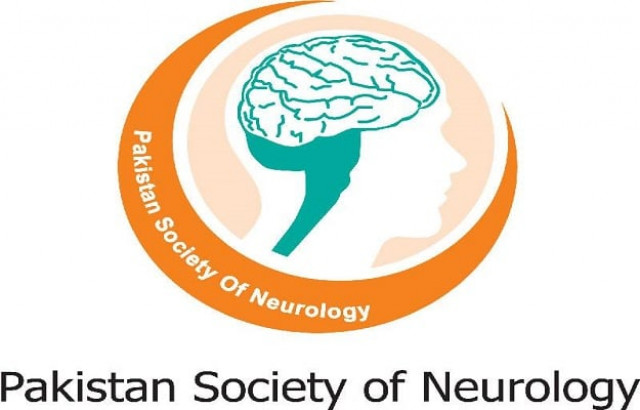World multiple sclerosis day: ‘400 new MS cases reported in Pakistan every year’
Neurologist claims more patients emerging due to greater awareness about the disease.

PHOTO COURTESY: Pakistan Society of Neurology (Facebook Page)
According to neurologists, the most common symptoms of MS are fatigue, vision impairment, tingling and numbness, vertigo and dizziness, muscle weakness, spasms and problems with balance and coordination.
At a press conference held by the Pakistan Society of Neurology (PSN) in collaboration with the Neurology Awareness and Research Foundation (Narf) at Karachi Press Club on Wednesday, health experts said that although MS was not very common across Pakistan, more cases of it were reported in the northern areas due to the weather conditions there. The World Multiple Sclerosis Day will be observed today (May 28).

"Women suffer from this disease slightly more than men," claimed Dr Naila Shahbaz, the PSN general secretary. According to her, there were no MS patients reported in the country 10 years ago due to a lack of proper diagnosis. Today, however, more patients are emerging because there is greater awareness among doctors as well as the general public.
PSN president Prof Muhammad Wasay Shakir revealed that MS was the most widespread neurological condition causing disability among young people, adding that while it could develop at any age, it was diagnosed between the age of 20 and 40 years.
He stressed the need for early diagnosis and treatment. "MS can paralyse a person within five to 10 years if left untreated," he warned. "Most MS patients have to use wheelchairs after 10 to 15 years."
Narf general secretary Dr Abdul Malik urged the government to provide better health facilities to the public, suggesting that the Sindh government follow the example of the Punjab government. "Medicines for such diseases are very expensive," he pointed out. "The government should provide them on subsidised rates."
Published in The Express Tribune, May 28th, 2015.



















COMMENTS
Comments are moderated and generally will be posted if they are on-topic and not abusive.
For more information, please see our Comments FAQ